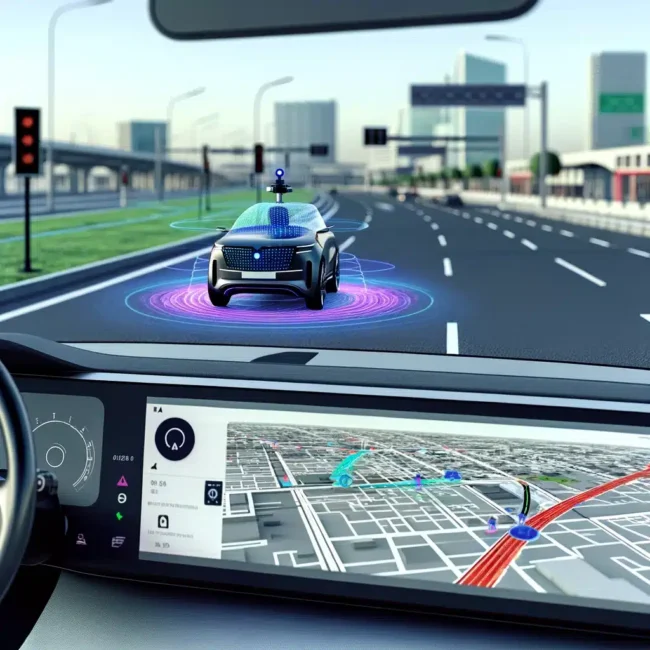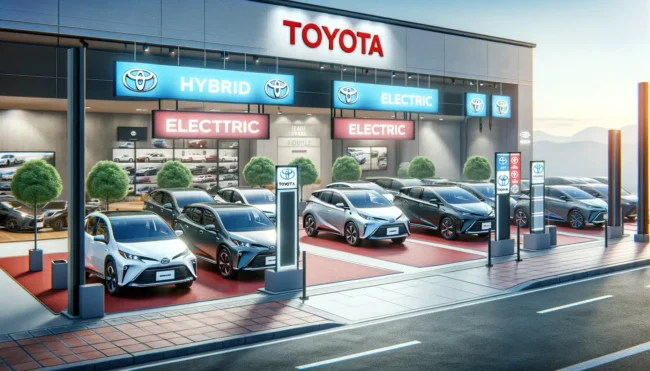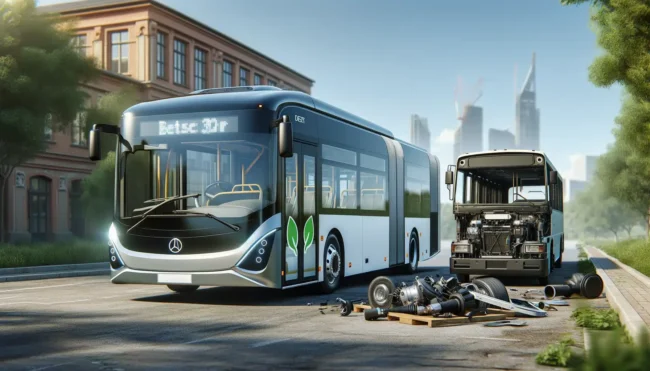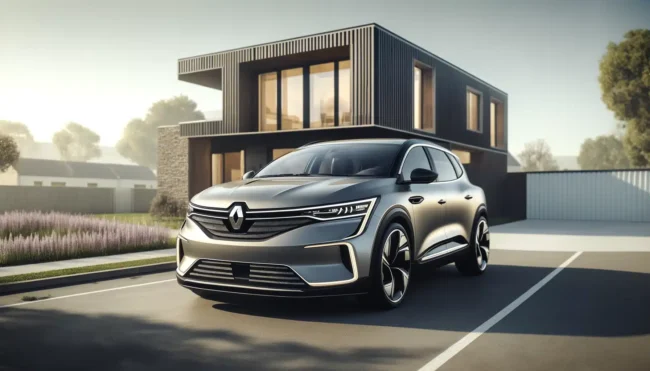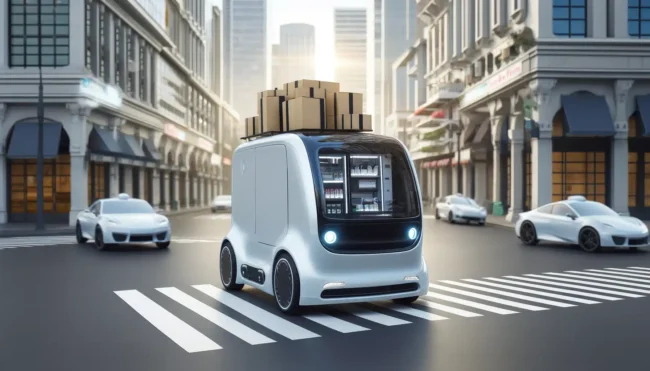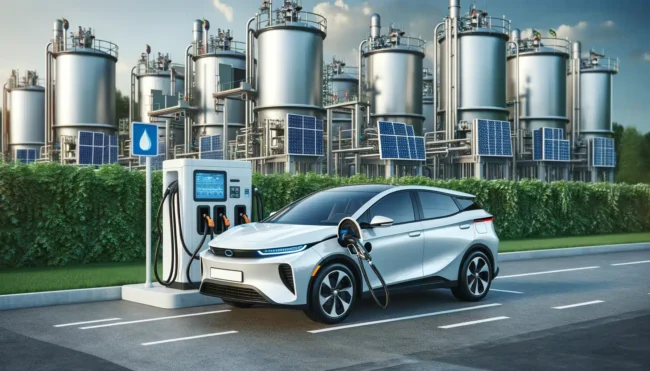Autonomous Driving: How It Works
Autonomous Driving: How It Works Autonomous driving represents a significant technological leap in the automotive industry, aiming to enhance safety, convenience, and efficiency on the roads. The concept revolves around vehicles that can operate without human intervention, thanks to advanced systems and sensors. Here’s an overview of how autonomous driving works, based on the developments…

